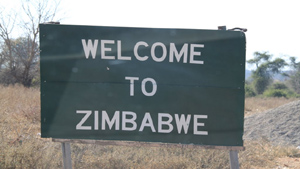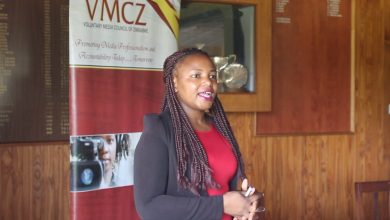
Information dissemination on Covid-19 vaccines has remained limited in rural areas a situation that is hindering the vaccination rollout programme.
This came out during a round table series discussion, Thursday, on Asakhe online which was focusing on rural areas and the Covid-19 vaccination program.
Speaking during the meeting, Bridget Ncube, a research and advocacy unit official from Gwanda said information on vaccines is still limited in rural areas.
“Information on the vaccines is not available to people because most of the people are worried whether they can get vaccinated if they have underlying conditions such as when HIV positive; when they are taking hypertension medication; when they are pregnant, when they are breastfeeding, such kind of information is not available to people,” said Ncube.
Bridget Ncube, a research and advocacy unit official
She said the Government hasn’t done enough to ensure that people have adequate information before rolling out the vaccines.
“Government didn’t do justice because they didn’t give enough information about these vaccines before it was rolled out to the people, the vaccine is said to be used with caution, the word caution is not explained.”
Ncube added that there is a need for the government and the Ministry of Health and Child Care to give detailed information on the vaccines in rural areas as young people rely on social media platforms.
Youth in Progress Trust co-director, Mduduzi Tshuma said in some areas, people are told to come in batches of 10 when they want to access the second jab.
“The problem with the roll-out program is that people are being told to come in batches of 10, so for them to organize themselves in those batches, it is hard sometimes,” he said.
Tshuma added that the issue of long-distance is another factor affecting the vaccination program in rural areas.
“People have to travel for something like 30 km to go to a health centre, for young people they feel like they will be wasting their time,” he said.
“The major challenge from young people’s perspective is the conspiracy theories surrounding the vaccines, people feel like the government is not giving them enough information on the type of vaccines, the effects of vaccines or what is going to happen if they get vaccinated and social media is not helping because it is full of those conspiracy theories.”
Youth in Progress Trust co-director Mduduzi Tshuma
Tshuma added that “in rural areas, currently they are using councillors, Members of Parliament (MP) and village heads as sources of information but that is not the only way of communicating, I believe they can do more roadshows, mobile vaccination program to carter for those people who cannot afford transport to go to the nearest health centres.”
Tahana Dube, an anti-gender-based violence mentor from National Aids Council (NAC) in Plumtree added that in Plumtree they are facing a challenge of shortage of vaccines.
“We face mostly the challenges to access the vaccines, you go to the hospital but they will tell you to come tomorrow or next week but during those times you will be undergoing PCR Covid-19 testing, and it is painful,” she said.
Dube said in rural areas, information dissemination is a problem and there are a lot of myths surrounding the vaccines which reach even the old people as the youths who have access to social media are the ones who tell old people that people are dying even if vaccinated.






